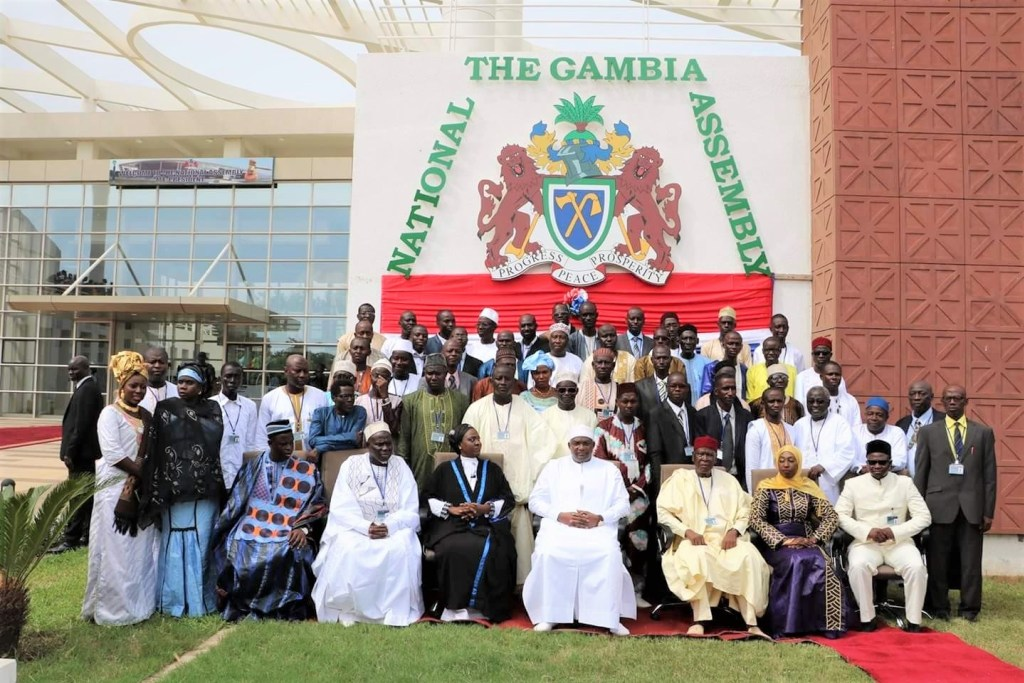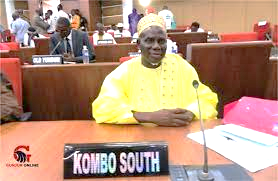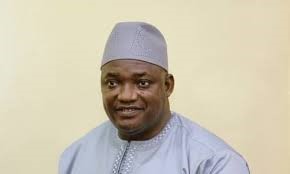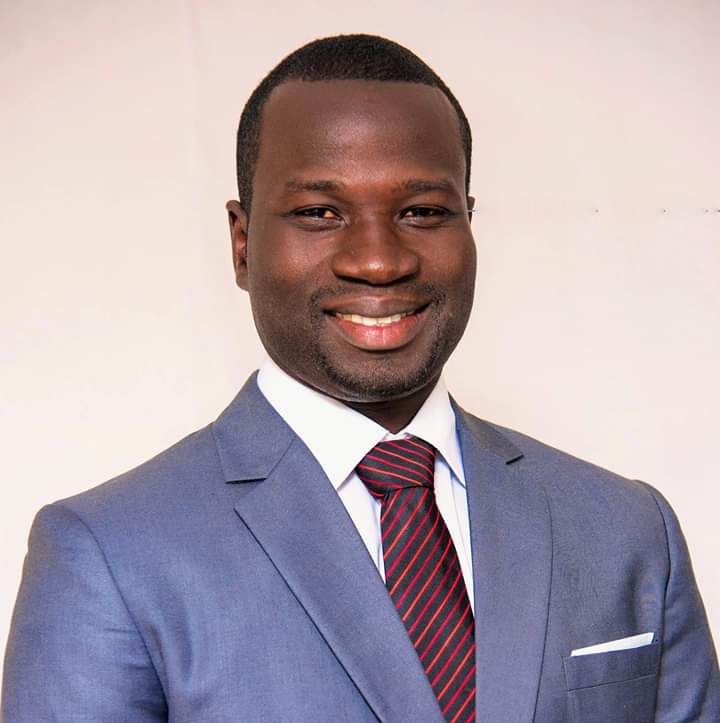By Adama Makasuba & Landing Colley
Gambian parliamentarians on Tuesday took turns to express their views and reactions to the “Promulgation Bill 2020” on the country’s draft constitution, tabled before the National Assembly before a vote is taken for the draft supreme law to go to referendum by January 2021.
Before the constitutional promulgation bill makes it to the next stage in parliament, there has to be a two-third majority of the seats in the National Assembly.
This means that there needs to be at least 44 “yes votes” from the 57 Gambian MPs in the House before the bill makes it to the third-reading stage before the slated referendum.
Gambia’s National Assembly has 53 elected members with five nominated by the President, for a total of 58 MPs.
Currently, of the 53 elected members, one MP died in January 2020 and his seat is still vacant.
Gambia’s Constitutional Review Commission (CRC), the body mandated to draft the national supreme law, submitted the document to President Adama Barrow few months ago for onward transmission to law makers.
This followed a series of consultations with Gambians at home and abroad as to how they wished to be governed.
The CRC said it was gratifying to note that a lot of effort was invested by Gambians from all walks of life to ensure that it produced a constitution that would stand the test of time and become a model for not only the African continent but the World at large.
Meanwhile, the draft constitution spells out two, five-year terms for the president. If the term-limit clause survives any changes, it will be a welcome development for a majority of Gambians who hold the view that the 22-year-long dictatorship of the recent past was possible due to a lack of term limit for the president in the 1997 constitution.
A section of the constitution dealing with the integrity of the presidency states that the President shall within three months of assuming office, disclose to the Anti-corruption Commission all liabilities and business interests he or she has or that is held on his or her behalf.
Similarly, all the assets, liabilities and business interests of the presidential spouse held by or on behalf of the spouse shall be disclosed to the anti-corruption commission within three months of leaving office.
The drafting process was preceded by a series of consultations, meetings, surveys and research exercises.
As part of the national consultations, some 106 meetings were held across different communities within the seven administrative areas of The Gambia.
External consultations were also held in several European cities and capitals where there are high concentrations of Gambians as well as in America and other African nations.





